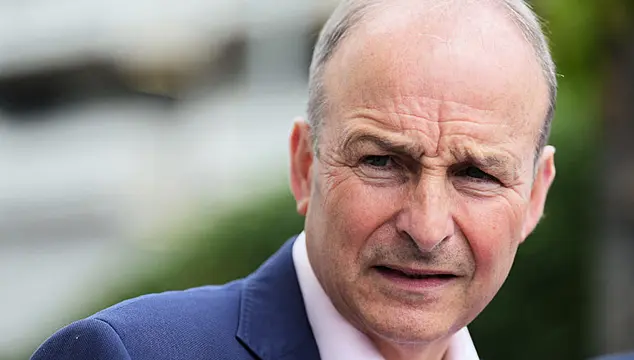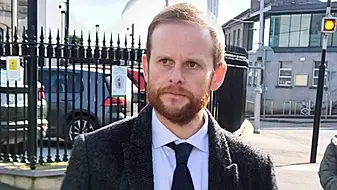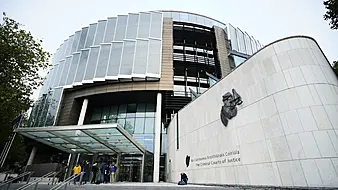Tánaiste Micheál Martin has said that housing, health and the cost of living are the priorities in Budget 2025.
Mr Martin told RTÉ radio’s Morning Ireland that he supported targeted measures and that there was “a lot more that we can do” to alleviate cost pressures.
“The cost of living is still very much in our minds because many families across the country are feeling the pressure because of the inflation of the last three years, particularly post the beginning of the Ukraine war.
"It particularly impacted energy and energy costs, that’s a big issue with families and, indeed, with businesses. And even though inflation has come down now to two per cent below that, the prices are at an elevated high. And we're very clear that we have to look after people in the Budget.”
Mr Martin did not confirm how many energy credits there would be in Budget 2025. The specifics have yet to be agreed within Cabinet, but there would be an energy credit this year.
“The very specifics of the budget and the social protection package have to be worked out. But obviously, in the last number of budgets, we were progressive in terms of looking after those with the least incomes and certainly targeting has a clear role. I would point out though that in terms of education costs and in terms of health care costs, we have significantly reduced such costs.”
A second tier child benefit was being considered, he said.
But there were already targeted measures in place that can help child dependants and families where incomes are low or where there's a specific set of circumstances.
“There's a lot more we can do on disability, for example, in terms of a combination of tax measures and some expenditure measures which would alleviate the cost pressures on people with disabilities and children with additional needs who have very significant costs over and above what others would have," he said.
On the issue of the Apple tax, the Tánaiste said that it represented opportunities to futureproof key investments in housing, in water and expanding the energy grid.
“We have to plan ahead. We have sufficient capital at the moment, but I think it's to give confidence to people that if we want to get to 60,000 houses in a year, it was 20,000 when this government started. Now it's close to 40,000 per annum.
“The Apple money gives us additional capacity to say to people if we ringfence it for housing or a certain proportion of it to housing, we can future-proof house spending for the next five years on the capital side, or at least support the necessary investment over the next decade," he said.
"We could capitalise the Land Development Agency, for example, that we have AIB capital monies coming as well, and which would be substantial. On top of the surplus. So the issue will be how do we give consistency, certainty that housing is the number one issue.”
When asked about the North and Legacy issues, Mr Martin said he wanted an enquiry into Sean Brown’s murder.
“I see the dilemmas generally in relation to legacy. I think we lost about four years with the British Conservative government's decision to unilaterally develop a new Legacy Act. The current (UK) government is saying it's going to repeal and replace that.
I've entered into discussions with Hilary Benn on that and the Northern Ireland Secretary of State, he is saying he's going to seriously amend that legislation. He has already dealt with the immunity question. He's already dealt with civil cases being allowed back and with inquests being allowed back, which I think is a good initial development and start, in fairness, by the new Secretary of State.”
Mr Martin said he was supporting the Brown family, and he was also backing a stronger Legacy Act which would have an investigative arm as well as an information retrieval arm.
“And that's the key issue, because there are many victims of Provisional IRA violence that have had absolutely no closure and 25 years of loyalist paramilitaries that have no closure and of state collusion.”
On the question of the date of the next general election, Mr Martin said he wanted the current government to run its full term. There were still many bills that he wanted to see brought to completion.
Mr Martin was adamant that Fianna Fáil would not enter into a coalition with Sinn Féin. Not with him as leader.
“But certainly it's not just me, it's the party and the policy alignment. The policies simply do not align with Sinn Féin. We've seen that recently in terms of the housing question and also the question of legacy that we discussed earlier," he said.
"I do think Sinn Féin need to address what the Provisional IRA did and not triumphalise it. We have a great opportunity for the young people of this generation to really have a broader philosophy, perspective in terms of violence, the use of violence for political ends. And I think we should grasp that opportunity.”
Mr Martin said he had no intention of retiring from politics “as long as the hunger and the anger and frustration is still there about failure to achieve certain things, will I keep going.”







